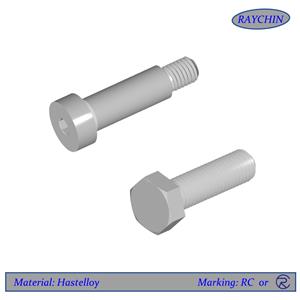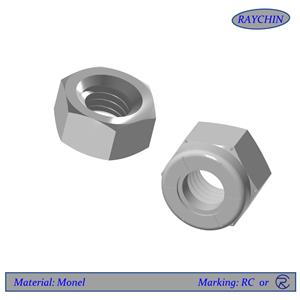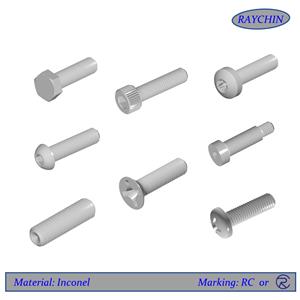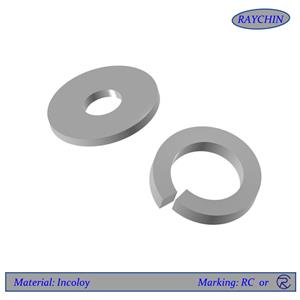Stainless steel flange must use stainless steel bolts is a big misunderstanding!
Many owners often force the contractor to rectify on the ground that the stainless steel flange adopts carbon steel or alloy steel bolts will cause corrosion, but the contractor has countless grievances that are difficult to explain. But is it really hard to explain?
It's actually easy to explain
1.Gb50316-2000 (2008) code for design of industrial metal piping, section 5.8 Article 7: under severe cycle conditions, bolts or studs for flange connection shall be made of alloy steel.
Minor editor's note: severe circulation conditions (it refers to the occasions where the internal stress of the pipeline changes a lot, such as reciprocating compressor pipeline, PSA separation, etc.), if the high-strength alloy steel bolt is not used, but the low-strength bolt such as stainless steel is used, according to the fatigue theory, due to the low strength of stainless steel bolt and the small number of allowable cycles when the alternating stress amplitude is large, the bolt will be suddenly tired after long-term use Labor fracture causes great danger.
2.Hg / t20634-2009 fasteners for steel pipe flanges, Article 4.0 Article 1 and 4.0 Article 2 clearly states that the common 304 and 316 stainless steel bolts conforming to GB / t1220 are low-strength bolts, which can only be used when the flange of cl150 / cl300 is equipped with non-metallic flat gasket.
The reason is that the preload that the low-strength bolt can bear is limited, the flange with high pressure grade and high stiffness or the semi-metallic and metal gasket with high hardness may not achieve the sealing effect due to insufficient preload when using the stainless steel bolt.
3.Hg / t20635-2009 regulations on selection and matching of steel pipe flanges, gaskets and fasteners, article 3.3 Article 7: low strength fasteners are only used for flange joints with nominal pressure ≤ cl300 and non-metallic flat gasket, and shall not be used under severe cycle conditions.
4.Alloy steel bolts have been coated with anti rust oil when delivered, which can isolate direct contact with stainless steel flanges. For the flange, what we need is its strength and stiffness (i.e. the thickness of the flange plate and the thickness of the flange neck). The weak corrosion caused by the contact between the alloy steel bolt and the stainless steel flange will not have any impact on its service performance. Only for the occasions that emphasize sealing, such as steel pipes and pipe fittings, we should strictly avoid the direct contact between stainless steel and other steel types.




